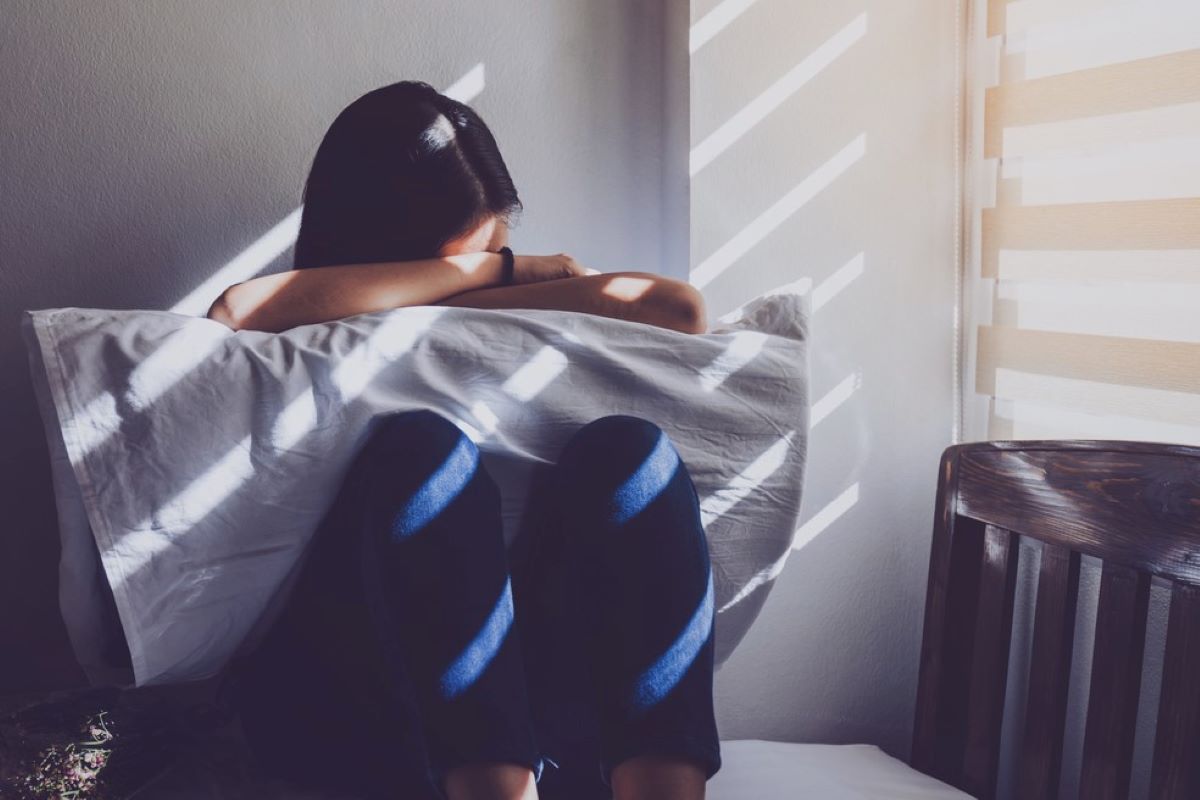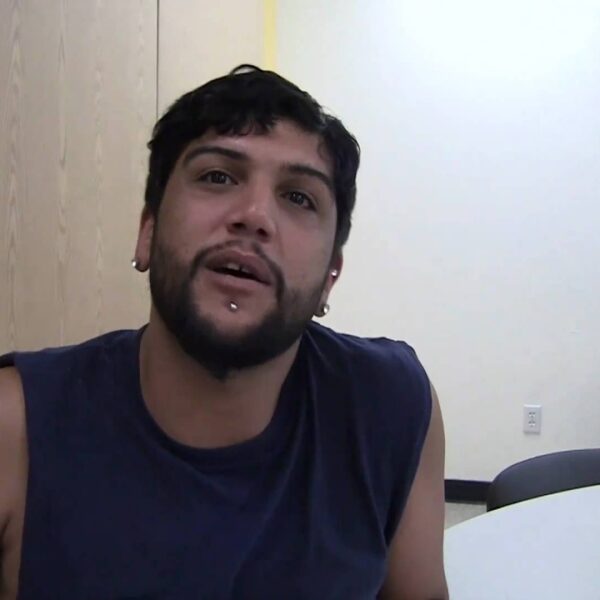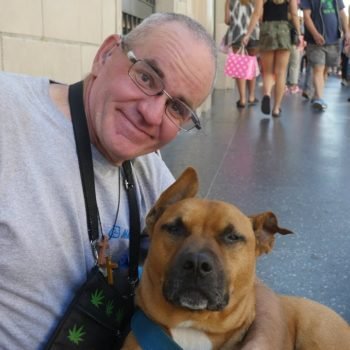Earlier this month, I saw an article in the New York Times that made my heart sink. It was an article about a ban on sleeping at homeless youth centers.
As a formerly homeless young person with both homeless and formerly homeless peers, news like this always hits close to home.
When I was a teenager, I had a very unstable home life. Without access to homeless and at-risk centers, I wouldn’t have had access to food or medical care. These resources helped me secure food stamps when I turned 18 and rented a room for the first time. Specifically, it was through Hale Kipa’s Youth Outreach Program that I ate and was able to see a doctor. I credit that program with being a massive factor in the stability I have the privilege of experiencing today.
A decade later, I advocate for and support similar programs in New York City, where I currently live.
Putting the Needs of Homeless Youth First
Ali Forney, one of the programs I support, was featured in the above-referenced article. This organization is especially important to me because they support LGBTQ youth. Many of my homeless and formerly-homeless friends became homeless because their families disowned them for being gay or trans.
When I was homeless in my 20s, my best friend, Shay, lived across the hall from me with her girlfriend after being kicked out of her parents’ home. She and her girlfriend greatly relied on case management and other services from Ali Forney. I’ve always held them close to my heart for what they were able to do for my friends.
Shay and her girlfriend are housed today and are finally safe because of Ali Forney.
Upon reading the article, Alexander Roque’s response (who runs the organization) nearly brought me to tears. He said, “they would have to shut us down and put me in handcuffs” before he would comply with the directive. “If the city threatens us and takes away our funding, I will continue to let our clients sleep because that’s what’s at stake; their mental health is at stake.”
And that’s when I thought of Shay. Because it’s true. Their mental health is at stake. Shay often locked herself in her room by herself, struggling with depression. Without her psychiatric medication, without case management with Ali Forney, she might have died.
It hurts to say, but Shay is a single example of many. LGBTQ youth represent as much as 40% of the homeless youth population. Of that population, studies indicate that as many as 60% are likely to attempt suicide. So yes, it is a mental health crisis. This is critical, indeed. Denying homeless youth access to a safe place to sleep puts their lives at risk in more ways than one.
More Homeless Youth Are in Need
According to another New York Times article, “the directive has sent providers and clients into chaos, at a time when the population of young people served by the programs is soaring. In the first four months of the fiscal year 2023, a total of 1,445 youth and young adults received case management services at the drop-in programs, an increase of 48 percent from the same period the previous year, according to the preliminary mayor’s management report published in January.”
That’s absolutely unacceptable. To threaten to take away funding at the risk of truly, potentially, losing a life – I cannot imagine how distraught these workers must feel. If it were me, I would certainly be.
Despite how distraught I know I’d be, I commend Mr. Roque for standing firm.
As a formerly homeless person who both lived and watched how these same directives have hurt the homeless people around me, reading these words from Mr. Roque gave me hope. Thankfully he isn’t alone in this.
State Representative Linda Rosenthal said the directive is “impossibly cruel.” And that’s the kind of support we need for our homeless peers, especially our young people, whose lives are truly in the hands of those who create and implement these directives.
If it were me, I’d do the same if I were in Mr. Roque’s position. The lives and safety of homeless youth in the here and now are too important. I love to see figures in our community willing to break the rules, especially when the rules are no good. Too often, those “rules” result in the death of a homeless person, and it’s simply not okay.
We Must Continue to Fund Programs that Are Helping Homeless Youth
It hurts my heart that a non-profit like Ali Forney risks losing the funding they need to keep LGBTQ youth alive in New York City. Meanwhile, private companies are profiting from homelessness just down the street.
I remember looking at my public assistance application and seeing how much money the shelters were collecting from me – $3,500, to be exact. The city was paying the shelter $3,500 to shelter me in the worst conditions I had ever seen. It was so bad you’d mistake my room for a prison cell.
The city doesn’t have any idea what they are doing. And if they do, well, that’d be worse. I’d do more than refuse to comply with a directive if the city knew how broken and potentially corrupt the whole system is.













